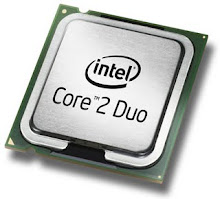Getting the few extra MHz out of a chip Cooling
When increasing the speed of any computer components you are making the components workharder and by doing so they output more heat. Heat can cause system instability so cooling isnecessary to help keep your components stable at higher speeds. Without good cooling youcould harm or shorten the life of your system. CPU temperature can usually be checked fromwithin the BIOS. However, thelse are inaccurate as your CPU is under almost no load in thebios. SiSoftware Sandra may be used within Windows to check temperature. This should bedone when your CPU has been under a heavy load for a while for optimum results.There are three types of cooling that are generally accepted for overclocking: Air, water, andpeltier.With both air cooling and water cooling some type of transfer material is needed to move theenergy away from the sensitive electronics. The deviced used for this purpose is a heatsink. Thetwo most popular heatsink materials are Aluminium and Copper. The heatsink that is stock onfactory computers by major manufacturers (Dell, Gateway, IBM) is usually made ofaluminium, which has satisfactory heat transfer characteristics. However when overclockingmore heat is being produced from the increase in power consumption and in order to obtain45lower tempertures a material with better heat transfer properties is important. For this reasonCopper is the material that offers the best ratio of price/performance.
